Concerns Mount Over Palm Oil Expansion in Nagaland
Concerns Mount Over Palm Oil Expansion in Nagaland | The Nagaland Climate Change Adaptation Forum (NCCAF) has raised grave concerns about the environmental and social impacts of expanding palm oil plantations in the Indian region of Nagaland. They highlight potential deforestation, loss of biodiversity, and threats to indigenous livelihoods. Instead, they advocate for agroecological practices, less intensive crops and indigenous-led conservation in order to protect the Nagaland’s irreplacable ecosystems. #BoycottPalmOil #Boycott4Wildlife
#News: Forum in #Nagaland region of #India 🇮🇳 raises alarm over #palmoil expansion, citing huge risks to #biodiversity #climatechange and #indigenous livelihoods. #BoycottPalmOil 🌴🛢️🔥☠️🚫 #Boycott4Wildlife @palmoildetect https://wp.me/pcFhgU-9Pw
Share to BlueSky Share to TwitterNagaland Post. (2024, December 17). NCCAF raises concern over oil palm plantations. Retrieved from https://nagalandpost.com/index.php/2024/12/17/nccaf-raises-concern-over-oil-palm-plantations/
The Nagaland Climate Change Adaptation Forum (NCCAF) has expressed significant concerns regarding the expansion of palm oil plantations in Nagaland, India. They warn that such developments could lead to deforestation, loss of biodiversity, and adverse effects on indigenous communities’ livelihoods.
The forum highlights that large-scale palm oil plantations are often linked to widespread deforestation. Nagaland’s unique ecosystems, home to rare flora and fauna, face significant threats if forests are replaced with monoculture crops. Such deforestation could disrupt water cycles, increase soil erosion, and lead to habitat loss for local wildlife.
Additionally, the forum points to soil degradation and water depletion as critical issues. Palm oil farming is water-intensive, placing added pressure on local water resources already stretched by agricultural needs. The use of chemical fertilisers and pesticides further risks contaminating soil and harming nearby communities.
Social consequences are equally concerning. The acquisition of land for plantations could displace Indigenous communities that depend on traditional farming and forest-based livelihoods. This displacement threatens not only food security but also the cultural heritage tied to these lands.
The forum has also criticised the economic model behind palm oil expansion, describing it as exploitative. While corporate stakeholders profit, local farmers are often left in financial distress due to fluctuating palm oil prices and the long maturity period for crops.
As an alternative, the forum advocates for sustainable farming practices that align with Nagaland’s ecological and cultural heritage. It suggests exploring crops that are less resource-intensive and offer long-term environmental benefits.
The forum has emphasised the importance of involving Indigenous communities in land-use decisions. Transparent policymaking that respects local rights is crucial for achieving a balance between economic development and ecological preservation.
The Nagaland Climate Change Adaptation Forum calls on the government, environmentalists, and the public to critically evaluate the long-term consequences of palm oil expansion. By prioritising sustainable alternatives, Nagaland can safeguard its biodiversity while fostering economic growth.
For a detailed account, read the full article on Nagaland Post.
Nagaland Post. (2024, December 17). NCCAF raises concern over oil palm plantations. Retrieved from https://nagalandpost.com/index.php/2024/12/17/nccaf-raises-concern-over-oil-palm-plantations/
ENDS
Read more about human rights abuses and child slavery in the palm oil industry
Concerns Mount Over Palm Oil Expansion in Nagaland
Concerns Mount Over Palm Oil Expansion in Nagaland | The Nagaland Climate Change Adaptation Forum (NCCAF) has raised grave concerns about the environmental and social impacts of expanding palm oil plantations in the…
Palm Oil Is Ruining Kalangala Uganda — Locals Paying the Price
A catastrophic storm in #Uganda’s Kalangala district left nearly 1,000 households homeless. The real culprit? Rampant #deforestation for #palmoil. Once rich in native forests that buffered storms, Kalangala is now a fragile landscape…
Violence for Palm Oil Against Peasant Communities in Honduras Meets Resistance
In the Aguán Valley of northern Honduras, peasant communities reclaiming ancestral lands face increasing violence and intimidation from armed groups linked to organised crime. The Dinant Corporation, a prominent palm oil producer, is…
The Great Malaysian Timber and Palm Oil Swindle
A joint investigation by Malaysiakini and Pulitzer Center’s Rainforest Investigations Network (RIN) reveals alarming deforestation in Pahang, #Malaysia, caused by one of the country’s largest #palmoil plantations. The plantation threatens endangered species like…
Deadly Harvest: How Demand for Palm Oil Fuels Corruption in Honduras
Latin America is the fastest-growing producer of palm oil, but at what price for the environment and its defenders? Park rangers in Honduras tell harrowing tales of daily threats to their lives and…
Load more posts
Something went wrong. Please refresh the page and/or try again.
Take Action in Five Ways
1. Join the #Boycott4Wildlife on social media and subscribe to stay in the loop: Share posts from this website to your own network on Twitter, Mastadon, Instagram, Facebook and Youtube using the hashtags #Boycottpalmoil #Boycott4Wildlife.
Enter your email address
Sign Up
Join 1,384 other subscribers2. Contribute stories: Academics, conservationists, scientists, indigenous rights advocates and animal rights advocates working to expose the corruption of the palm oil industry or to save animals can contribute stories to the website.
Mel Lumby: Dedicated Devotee to Borneo’s Living Beings
Anthropologist and Author Dr Sophie Chao
Health Physician Dr Evan Allen
The World’s Most Loved Cup: A Social, Ethical & Environmental History of Coffee by Aviary Doert
How do we stop the world’s ecosystems from going into a death spiral? A #SteadyState Economy
3. Supermarket sleuthing: Next time you’re in the supermarket, take photos of products containing palm oil. Share these to social media along with the hashtags to call out the greenwashing and ecocide of the brands who use palm oil. You can also take photos of palm oil free products and congratulate brands when they go palm oil free.
https://twitter.com/CuriousApe4/status/1526136783557529600?s=20
https://twitter.com/PhillDixon1/status/1749010345555788144?s=20
https://twitter.com/mugabe139/status/1678027567977078784?s=20
4. Take to the streets: Get in touch with Palm Oil Detectives to find out more.
5. Donate: Make a one-off or monthly donation to Palm Oil Detectives as a way of saying thank you and to help pay for ongoing running costs of the website and social media campaigns. Donate here
Pledge your support#biodiversity #BoycottPalmOil #Boycott4wildlife #BoycottPalmOil #childLabour #childSlavery #climatechange #humanRights #India #indigenous #indigenousRights #landRights #landgrabbing #Nagaland #News #PalmOil #palmoil #slavery
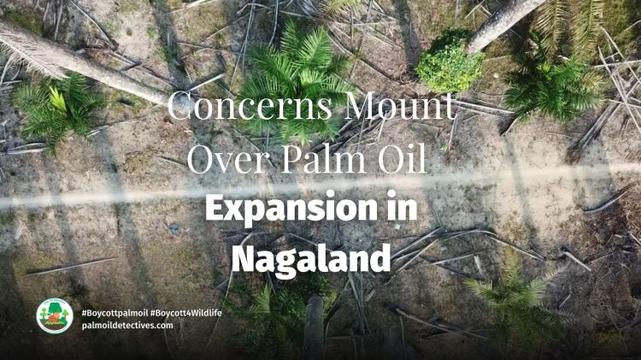


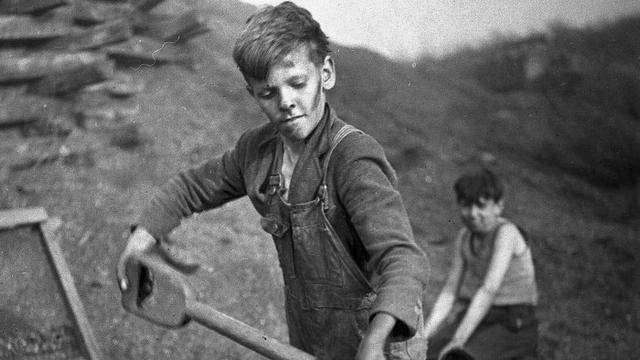
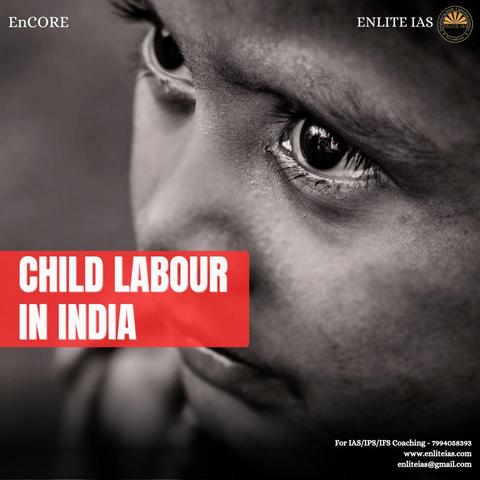
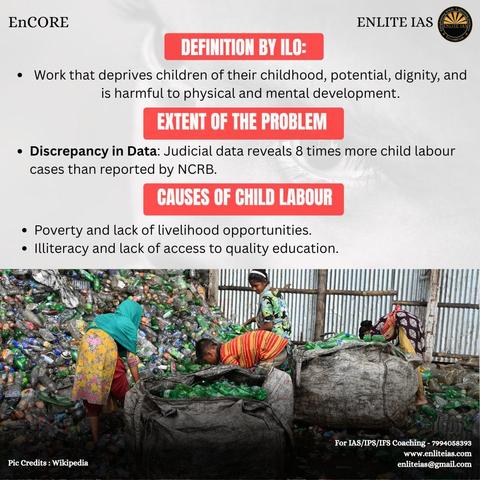
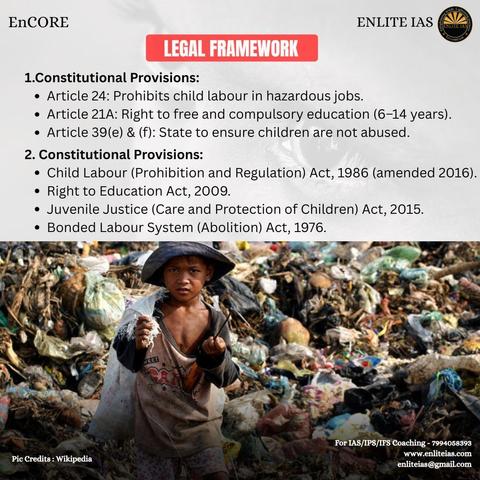
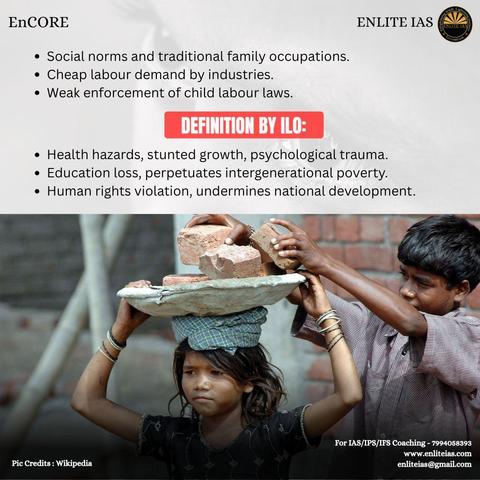
 ✡️ 🇵🇸
✡️ 🇵🇸 


